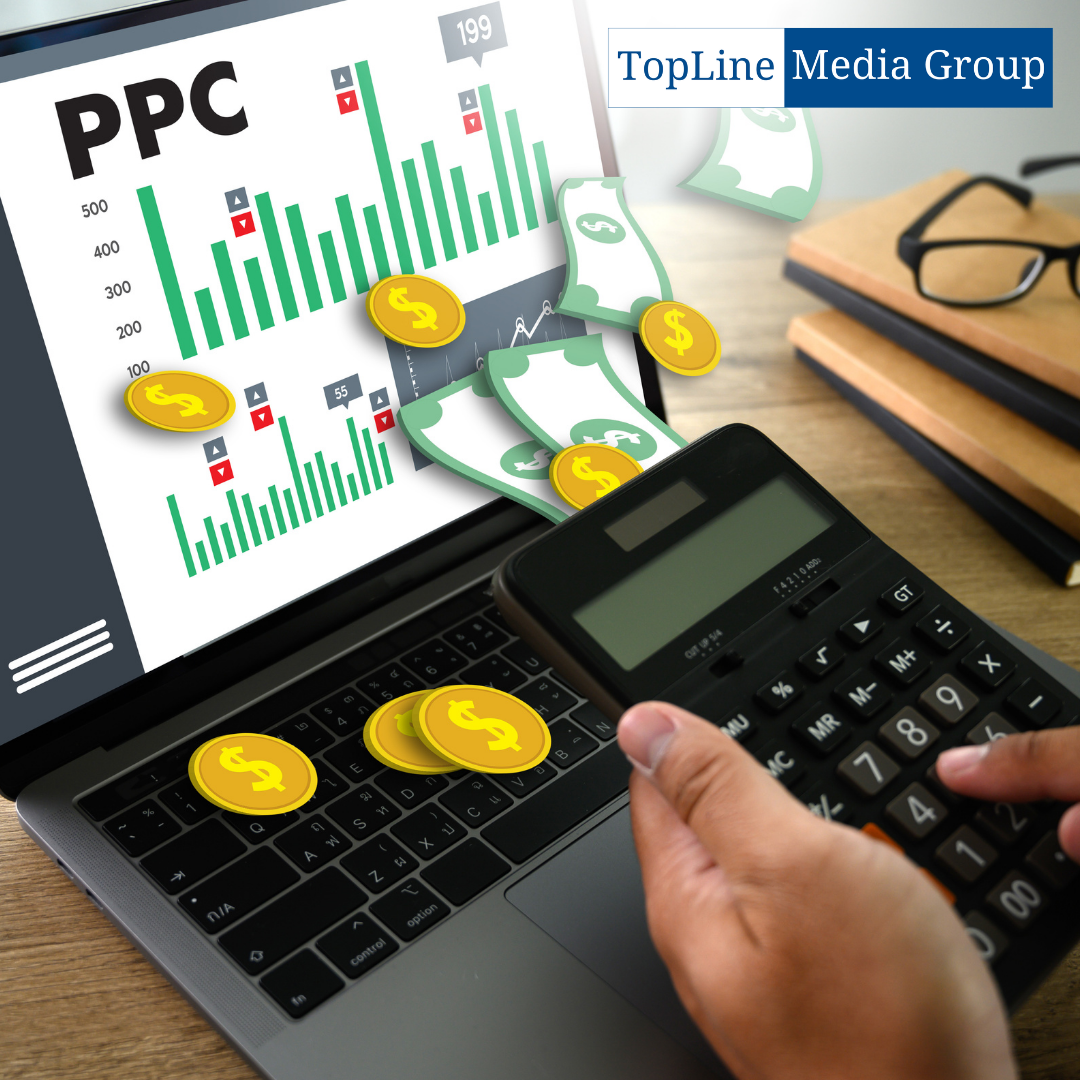In the ever-evolving landscape of digital marketing, paid search strategies have emerged as a powerful tool for businesses to connect with their audience and achieve measurable results.
Paid search, also known as pay-per-click (PPC) advertising, enables brands to display their ads prominently on search engine results pages.
In this article, we’ll explore the world of paid search strategies, uncovering how they work and how businesses can use them to drive growth and maximize their return on investment (ROI).
Understanding Paid Search Advertising
Paid search advertising involves bidding on keywords relevant to your products or services.
When users search for those keywords on search engines like Google, your ads appear at the top of the search results.
You pay a fee only when someone clicks on your ad, hence the term “pay-per-click.”
This targeted approach ensures that your ads reach users actively searching for what you offer, increasing the chances of conversions.
Crafting Effective Ad Campaigns
To create successful paid search campaigns, start by defining your campaign objectives and target audience.
Craft compelling ad copy that resonates with your audience’s needs and includes relevant keywords.
Well-structured ad campaigns utilize ad groups to organize related keywords and create tailored ads for each group.
Landing pages should also align with the ad’s message to ensure a consistent user experience.
Keyword Research: The Foundation
 Effective keyword research is essential for paid search success.
Effective keyword research is essential for paid search success.
Identify keywords that are relevant to your business, have high search volume, and align with user intent.
Long-tail keywords can be particularly valuable as they often have lower competition and can target users further along in the buying journey.
Bid Management and Budget Allocation
Bid management is a critical aspect of paid search strategies.
Set bids that reflect the value of each keyword and adjust them based on performance.
Allocate your budget strategically across campaigns and ad groups to ensure maximum exposure for high-performing keywords.
Regularly monitor and optimize your bids to achieve a balance between visibility and cost-effectiveness.
Ad Extensions for Enhanced Visibility
Ad extensions are additional pieces of information that can be added to your ads, providing more context and encouraging engagement.
Utilize extensions like site links, callouts, and structured snippets to highlight unique selling points, promotions, and additional offerings.
Ad extensions enhance the visibility of your ads and increase the likelihood of clicks.
Continuous Monitoring and Optimization
Paid search strategies require ongoing monitoring and optimization.
Analyze performance metrics like click-through rates (CTR), conversion rates, and cost-per-click (CPC).
Identify underperforming keywords and ads, and make necessary adjustments.
A/B testing different ad variations can help you uncover what resonates most with your audience.
Geographic and Device Targeting
Refine your paid search campaigns by targeting specific geographic locations and devices.
If your business operates locally, use geotargeting to reach users in your service area.
Additionally, consider device targeting to tailor your ads for mobile users or desktop users, depending on your audience’s preferences and behavior.
Remarketing and Audience Targeting
Remarketing allows you to target users who have previously visited your website or interacted with your ads.
This strategy keeps your brand top-of-mind and encourages users to return and convert.
Additionally, utilize audience targeting to reach users based on demographics, interests, and online behavior, enhancing the precision of your campaigns.
Adapting to Industry Trends
Stay up-to-date with industry trends and adapt your paid search strategies accordingly.
As search engine algorithms evolve and user behavior changes, your campaigns should evolve as well.
Regularly test new ad formats, stay informed about emerging keywords, and experiment with innovative approaches to maintain a competitive edge.
Conclusion
Paid search strategies offer businesses a powerful avenue for driving growth and achieving marketing objectives.
By understanding the intricacies of paid search advertising, conducting thorough keyword research, optimizing campaigns, and staying adaptable to industry changes, organizations can unlock the full potential of paid search to connect with their target audience and achieve lasting success in the digital advertising landscape.
FAQs
What exactly is paid search advertising?
Paid search advertising is a form of digital advertising where businesses bid on keywords to have their ads displayed at the top of search engine results pages.
How does pay-per-click (PPC) advertising work?
 In PPC advertising, advertisers only pay when someone clicks on their ad. It’s a cost-effective way to ensure that you’re only paying for actual engagement with your ads.
In PPC advertising, advertisers only pay when someone clicks on their ad. It’s a cost-effective way to ensure that you’re only paying for actual engagement with your ads.
What are the benefits of using paid search strategies?
Paid search strategies offer targeted reach, immediate visibility, and the ability to control budgets. They can quickly drive traffic and conversions to your website.
How do I choose the right keywords for my paid search campaigns?
Choose keywords that are relevant to your business, have high search volume, and align with user intent. Tools like Google Keyword Planner can help with keyword research.
What’s the importance of ad extensions in paid search campaigns?
Ad extensions provide additional information in your ads, making them more compelling and relevant to users. They can improve click-through rates and overall ad performance.
How often should I monitor and adjust my paid search campaigns?
Regular monitoring is essential. Depending on campaign performance, adjust bids, ad copy, and keywords as needed to optimize for better results.
Can paid search campaigns target specific locations?
Yes, paid search campaigns can be geotargeted to reach users in specific geographic locations, which is especially useful for local businesses.
What is remarketing, and how does it work?
Remarketing targets users who have previously interacted with your website or ads. It keeps your brand in front of potential customers as they browse the web.
How can I stay updated with the latest trends in paid search advertising?
Follow industry blogs, attend webinars, and read up on updates from major search engines to stay informed about changes and trends.
Are there any industries that benefit more from paid search advertising?
Paid search advertising can benefit a wide range of industries, but it’s particularly effective for e-commerce, local businesses, and industries with competitive search terms.
Can paid search strategies complement my organic search efforts?
Yes, paid search can work alongside organic search efforts to provide immediate visibility while your organic rankings improve over time.
How can I measure the success of my paid search campaigns?
Track metrics such as click-through rates, conversion rates, cost-per-click, and return on ad spend to measure the effectiveness and success of your paid search campaigns.




